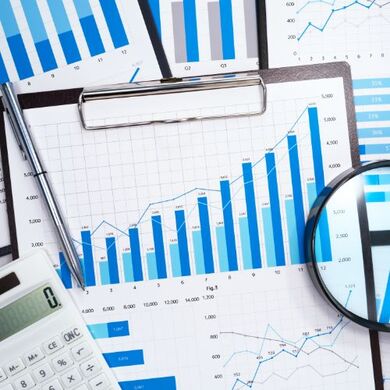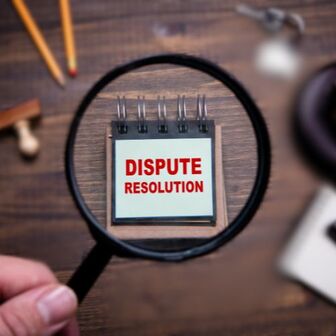|
In today’s rapidly changing business environment, the demand for forensic accounting skills has never been greater. As corporate scandals and fraudulent activities continue to pose significant risks to organizations worldwide, the expertise of forensic accountants has become indispensable. This increase in demand is largely due to several factors, each highlighting the critical role played by forensic accounting professionals in safeguarding financial integrity and assisting corporations comply with regulatory standards. Heightened Regulatory Scrutiny In the light of high-profile corporate collapses and misconduct, governments and regulatory bodies have intensified their oversight of financial reporting and compliance. Organizations such as the Securities Exchange Commission and the Financial Industry Regulatory Authority (FINRA) impose stringent regulations to promote transparency and accountability in financial reporting and operations. As businesses navigate this complex regulatory landscape, the need for forensic accountants who possess an expert understanding of regulation and compliance frameworks is paramount. Complex Financial Transactions The globalization of businesses has led to an increase in the complexity of financial transactions including mergers and acquisitions (M&As), and cross-border activities. With transactions spanning across multiple jurisdictions and involving diverse stakeholders, the risk of financial irregularities and fraudulent activities has also increased. Forensic accountants play a vital role in conducting comprehensive due diligence assessments, identifying potential risks, and mitigating the impact of financial misconduct on businesses. Their ability to trace and analyze intricate financial data and uncover anomalies enables business to make informed decisions and mitigate potential risks effectively. Risk Management Imperatives As organizations deal with a variety of operational, financial and reputational risks, proactive risk management has emerged as a strategic business imperative. Forensic accountants play an important role in helping businesses identify, assess, and mitigate risks related to fraud, corruption and financial misconduct. Through comprehensive fraud risk assessments, internal control evaluations, and fraud prevention frameworks, forensic accounting experts assist organizations in strengthening their resilience to fraud and ensuring robust governance practices. Litigation Support and Dispute Resolution
Nowadays, businesses are frequently finding themselves involved in litigation and disputes involving financial matters. Whether it’s a breach of contract, infringement of IP, or allegations of accounting fraud, the expertise of forensic accountants is instrumental in providing litigation support and expert testimony. By analyzing financial records, reconstructing transactions, and quantifying economic damages, forensic accountants help legal teams build compelling arguments and achieve favorable outcomes in legal proceedings. In light of these factors, the demand for forensic accounting expertise is expected to continue its upward trajectory in the years ahead. The role of forensic accountants in promoting financial integrity, mitigating risks, and ensuring compliance with regulatory standards will remain indispensable. The TRACE Difference At TRACE Forensic Experts LLC, we recognize the critical importance of forensic accounting expertise in addressing the evolving challenges facing businesses today. With our team of seasoned forensic accounting professionals and extensive industry knowledge, we are committed to quality service and insights that assist our clients in mitigating risks, safeguarding their financial interests, and upholding the highest standards of integrity and transparency.
0 Comments
|
Archives |
- Home
-
Our Services
- ECONOMIC DAMAGES expert witnesses IN intellectual property DISPUTES
- ECONOMIC DAMAGES EXPERT WITNESSES IN COMMERCIAL DISPUTES >
- EXPERT WITNESS SERVICES FOR FRAUD & WHITE COLLAR CRIME >
- EXPERT WITNESSES FOR divorce and child support
- EXPERTS IN FORENSIC DATA ANALYTICS
- Profit Feasibility Studies
- Information Governance and e-Discovery >
- Leadership
- News and Insights
- More...


